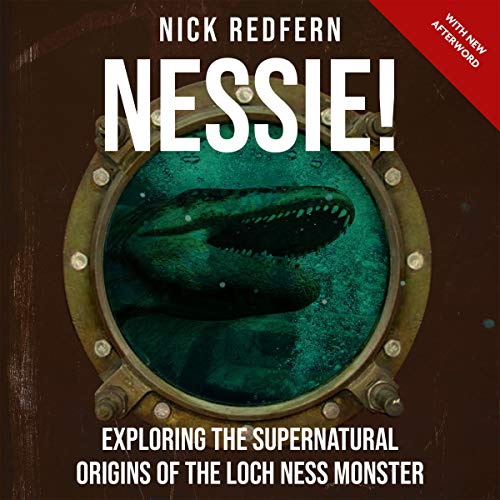“Untangling: A Memoir of Psychoanalysis” by Joan K. Peters
What are memoirs meant to be? In a recent piece in Brevity, memoir editor Jessica Hill described the memoir as “a crafted story of transformation.” As Hill wrote, “We don’t write memoir because it’s easy.” I might quibble with the use of “memoir” as plural as well as singular, which often goes along with an out-loud pronunciation of the word as if speaking in French. To me, there’s something wrong about that. Memoirs shouldn’t precious. That’s why reading Joan K. Peters’ Untangling: A Memoir of Psychoanalysis was so satisfying. This is absolutely a book about transformation, but it’s anything but precious. It’s also an incredibly rare look at the process of psychoanalysis from the point of view of the patient (or the analysand), and not the doctor.
Peters is an experienced and skilled author and literature professor, and if she wanted to turn her long journey into something highbrow, she could have. But instead, she digs in with a resolve to make it real. She exposes her weaknesses and honestly chronicles her attachment to her analysts — part of the process. She insisted on telling the truth even when it’s not comfortable or easy. She had two bouts of analysis, with two separate analysts, over a long span of her life. The work she accomplishes with the first analyst is plenty, but it doesn’t crack open the darkest secret that keeps disturbing her. She suffers from nightmares, from painful, riotous restless leg syndrome, from obsessions with her own analysts, from endless doubts in the process. But she keeps going.
There’s something in how Peters reports on her own state of mind that makes me want to keep reading. It’s fascinating, the interplay of a deep psyche being taken on a painstaking, probing journey. Sometimes it seems as if the psyche is actually the one in control. It sets up an interesting triangle: there’s Peters, the narrator as well as the patient; there’s her analyst, and there’s her troubled, fragile, furious subconscious.
One point the Brevity article makes is that it’s not really a bad idea to uncouple from the relentless navel-gazing that can seem to plague so many memoirs these days. Untangling isn’t just about Peters herself, but about why psychoanalysis can be so effective. It’s not really a how-to, but it does show how it works. For instance: at one point, Peters has a struggle of wills with her analyst and they nearly separate. They reconcile as the analyst is about to move away — and carry on via Zoom. This is the pandemic, which complicates the process even more. But sessions by Zoom offer little comfort through a screen when Peters feels so, so alone.
As Peters says about this agonizing time, the turbulence has even become part of her dreams. One night she literally throws herself out of bed while in the throes of a leg-shaking nightmare. As she describes it, “Analysis had opened a Pandora’s box of buried emotions, one worse than another, at the moment when my analyst had become a phantom.” But the analyst doesn’t actually become a phantom at all, distance or not. As the dynamics trigger breakthroughs, and Peters’ unconscious is unlocked, she’s finally on her way to finding peace.
Untangling offers a great modern self-portrait of a woman finding her footing after decades of private turmoil, using the power of a form of therapy that fell out of fashion — ironically, in part because the father of psychoanalysis seemed to blatantly misunderstand women’s psyches. Today his concept of “penis envy” is preposterous. And psychoanalysis also takes years, which most people don’t have. But given the complex and dark secret in Peters’ past, committing years to uncovering it is the only thing that worked. There’s nothing pretentious about that.
For more information on Joan K. Peters and the book, visit Untanglingjoan.com.
Nicole Killian








